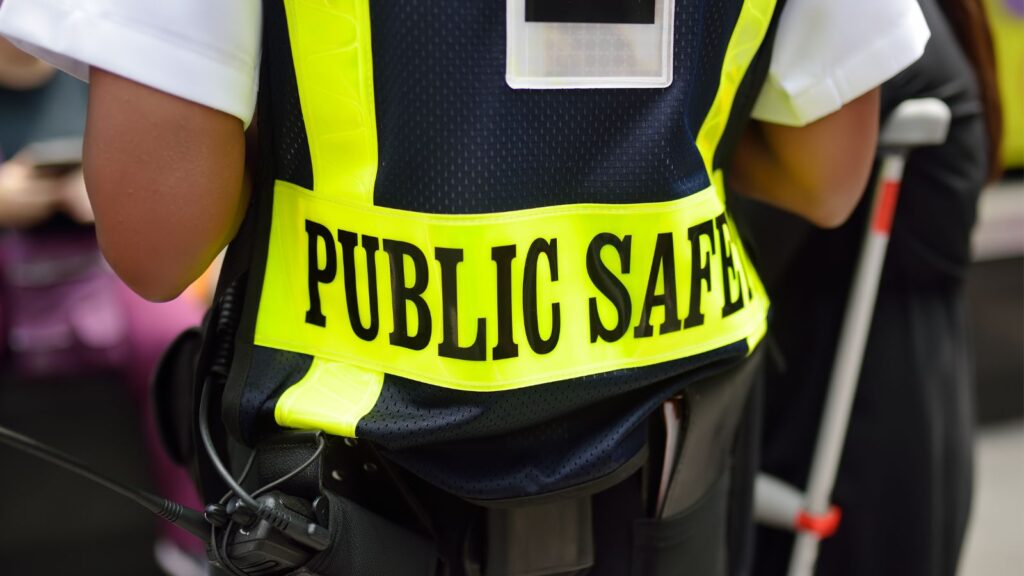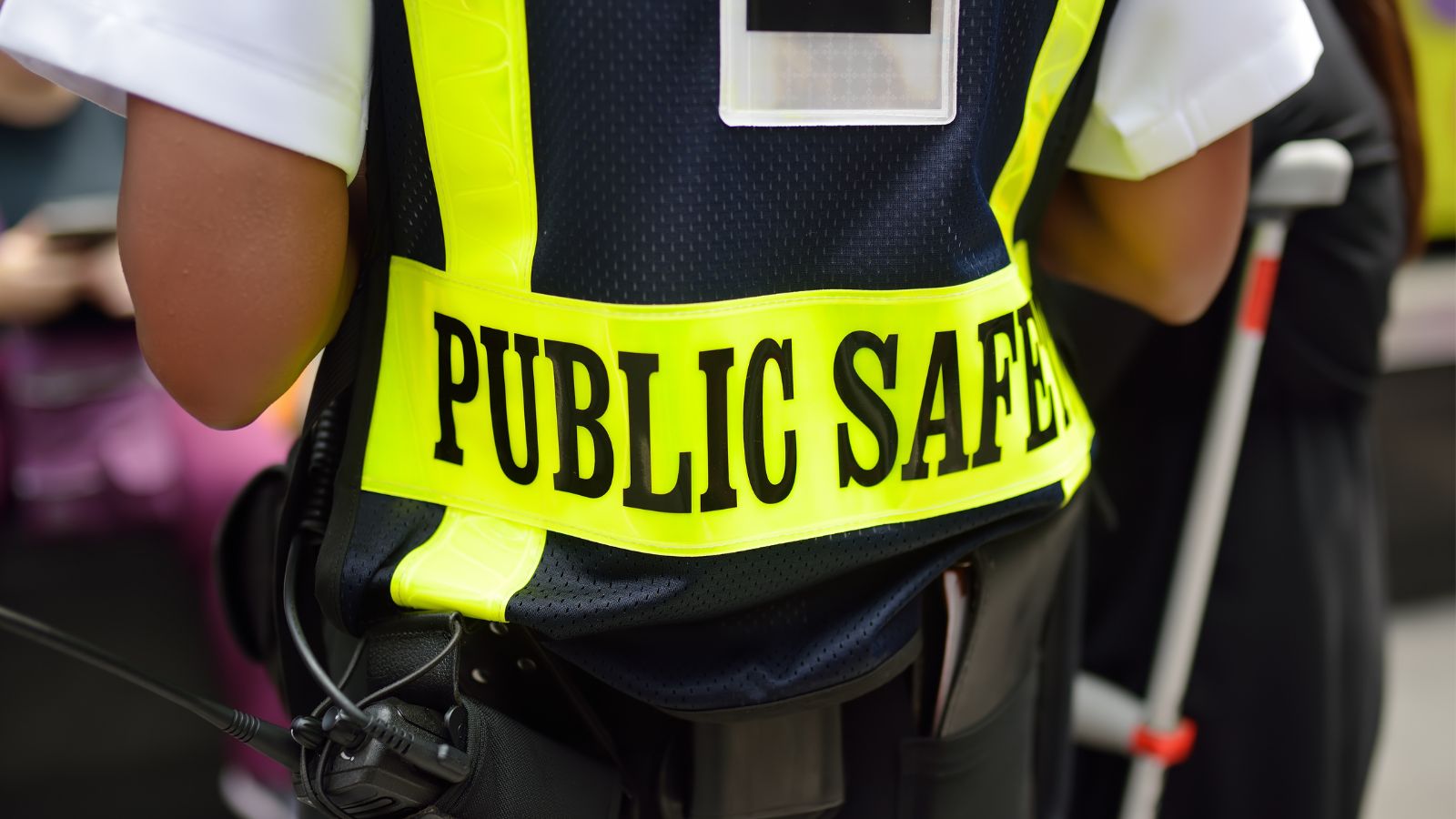Civil service jobs offer a high level of job security, stability, and attractive salaries. However, getting hired for these coveted positions requires more than just having the necessary qualifications or experience. One also needs to crack the civil service interview process and questions which can be challenging even for experienced candidates. However, the good news is that while the selection process is rigorous and challenging, it is also fair and open in that the scoring criteria for the different parts of the process are not hidden, but freely available online.
Skills such as communication and confidence are crucial since officers will assess you on your personality traits as well as your expertise in practical aspects related to the job role. If you do go for a job in the Civil Service, it is essential that you prepare thoroughly both for the written assessments and for the interview so that you stand out from other applicants. This article provides some tips on how to do just that; how to prepare yourself mentally and psychologically for a successful interview at any of the government agencies which collectively make up the Civil Service.
Civil Service Selection Framework

You need to understand the selection framework used by the Civil Service, which is called Success profiles and applies across the 350 or so organizations that collectively make up the Civil Service. From the MoD to Kew Gardens and from Ofsted to the CPS, they all use the Success Profiles framework, although each individual position advertised may use different elements from within the framework. These five elements are Behaviors, Strengths, Experience, Ability and Technical, and they are all assessed differently.
Behaviours (equivalent to competencies in the private sector) are usually assessed during an interview by asking candidates to give a specific work-place example of when they have displayed a high level of expertise, using the STAR framework. Strengths are also assessed during an interview through asking strength-based questions, i.e., would others say you’re a good listener? Experience is assessed by your CV, usually cut and pasted into an online application form. Ability (numerical, verbal reasoning or situational judgment) is assessed online by means of a MCQ format, with the candidate choosing the most appropriate response from four choices. Finally, some roles, i.e., finance, require specific technical skills such as MS Excel proficiency; these are assessed by being given a task to complete within a set time, and usually take place at an assessment centre.
You should also conduct some self-assessment where you identify your strengths and weaknesses, as well as practicing commonly asked questions such as “what are your strengths?” Interviewers often judge candidates on their attitude, communication skills, confidence level and professional demeanour – it's essential to present yourself that way. One must be able to articulate thoughts clearly while maintaining eye-contact with the interviewer(s). Furthermore, dressing appropriately (formal attire) adds credence; what we wear reflects our personality traits like attention-to-detail or punctuality, which can positively influence the perception of character during interviews. Finally, preparing beforehand helps reduce anxiety levels so one can focus solely on answering questions confidently.
Common Questions in Civil Service Job Interviews
Civil service job interviews can be nerve-wracking for job seekers, especially if they have no prior experience in the process. Hence having a good understanding of the selection process used by the Civil Service is necessary, so you understand why they are asking you that particular question, and how they will score your answer. One of the most common questions asked during these interviews is related to a candidate's knowledge and understanding of civil service roles and responsibilities. Interviewers may also ask about your previous work experience and how those relate to the position applied for.
Another frequently asked question during civil service job interviews pertains to problem-solving skills. It's important for candidates to showcase their ability to think critically, anticipate challenges, plan accordingly, and implement solutions when faced with complex situations on-the-job. Interviewers may also pose hypothetical scenarios in order to assess a candidate's creativity and flexibility in handling unforeseen circumstances.
Overall, preparing well-rounded answers that highlight both professional qualifications/achievements as well as personal attributes will make a good impression on interviewers during a civil service job interview. Candidates should research the organization thoroughly beforehand so that they are aware of its mission statement, values, objectives etc. as this information can provide valuable insight into what kind of employee would be successful there. These values and objectives will vary from department to department, but are usually readily available online, either on the organization website, or from news review articles. Look for policy announcements from the past few years and look at past job advertisements where key Success Factors, or Essential Criteria for selection into a role will be specified.
Dressing for Success: How to Dress for a Civil Service Job Interview
Dressing appropriately for a civil service job interview is crucial in making a good first impression. Even though society in general is adopting less formal dress, it still makes sense to show respect to potential employers by dressing professionally. The way you present yourself can speak volumes about your professionalism and attention to detail. When selecting an outfit, it’s important to choose something that reflects the nature of the position you are interviewing for while still demonstrating your personal style.
For men, a shirt with collar, with or without a jacket makes sense, while for women, it is recommended to wear professional business attire such as a dress or skirt and formal blouse. It’s also important to keep accessories and jewelry at a minimum so as not to distract from the overall appearance.
Remember that this is an opportunity for candidates to leave their best first impression so dressing professionally sends the message that they take this opportunity seriously. Doing research on the company culture beforehand can also help guide one's choice of what clothes would make them feel comfortable but represent themselves well during each stage of the application process.
Practicing for Perfection: How to Practice Civil Service Job Interviews
Practicing for perfection is a crucial aspect of preparing for civil service job interviews. To begin, research the interviewing style and structure of the particular agency or department you are applying to. This will help tailor your responses to specific questions and better demonstrate how your experience aligns with their culture. It's also essential to practice answering behavioral and situational questions, which focus on past experiences in handling various scenarios. Typically, where they ask you to give an example (using the STAR framework) they are expecting you to talk for about three minutes, which is the time you will need to include all of the scoring points they are looking for in your example. You need to practice telling your examples in a conversational style and know what three minutes feels like; practice with your phone timer.
In addition, practicing potential problems that may arise during an interview – such as nerves or unclear points – can minimize discomfort and prevent mistakes. Mock interviews with friends or colleagues can be a valuable resource since they offer an unbiased perspective while providing constructive feedback on communication skills, appearance, and overall presentation. In addition to preparing answers, it may also be helpful to practice body language and tone of voice – two factors that are crucial in communicating confidence and professionalism during an interview. The more effort put into practicing interview techniques, understanding the role requirements and demonstrating enthusiasm towards opportunities will increase the odds of success in landing that perfect position within the Civil Service.
Strategic Approaches: Civil Service Job Interview Strategies
In order to succeed in a civil service job interview, it is essential to approach the process strategically. One important aspect of preparation is researching the organization and familiarizing oneself with its mission, values, and goals. You should know the high-level Civil Service values and be prepared to show, by example, how you embody these values. These values are;
- Independence,
- Be honest and open,
- Treat everyone with respect,
- Behave professionally.
Research the organization’s website, check for recent news stories and browse LinkedIn to see if you have any contacts within the organization that you could reach out to. This will also give you useful material so that you can ask thoughtful questions when asked if you want to know anything further about the role.
By demonstrating an understanding of these key factors during the interview, candidates can show that they are aligned with the agency's objectives and committed to serving their community. Another useful strategy for success in a civil service job interview is practicing responses to common questions ahead of time. This can help you feel more confident and prepared on the day of the interview.
Handling Stress: Tips for Dealing with Stress in Civil Service Job Interviews
Some degree of stress is normal in all interviews, and being able to handle it during a civil service job interview is vital to ensure your success in the recruitment process. The pressure of an interview can cause anxiety and tension, leading to poor performance and negatively impacting your chances of getting hired. Some tips for managing stress include preparing well in advance, researching about the organization, practicing responding to common questions, taking deep breaths before entering the room, and maintaining a positive attitude throughout the process.
Another effective way to handle stress is by being honest with yourself about your strengths and weaknesses. Accepting that you may not know all answers perfectly can help alleviate some of the pressure. Recognize that every candidate faces their share of nervousness but do not let it affect how you perform on that day – remain calm under any circumstances.
Preparation is Key: Civil Service Job Interview Preparation Checklist
Preparation is key when it comes to getting hired for a civil service job. The Civil Service Job Interview Preparation Checklist is designed to help candidates succeed in the interview process by providing them with valuable tips and strategies to better prepare themselves.
By following this preparation checklist, candidates can increase their chances of impressing the hiring officer and securing a coveted position in their desired field within government services. It's essential that individuals seeking civil service employment take advantage of every resource available to them – including preparation checklists like this one – if they want to stand out among competing applicants for these desirable positions.
At a minimum, you should;
- Understand and be prepared to illustrate by example how you demonstrate the high-level Civil Service values.
- Understand the Success Profiles recruitment process, and how you will be assessed.
- Complete all written submissions well before the deadlines, to allow for any technical issues to be resolved.
- Understand the essential criteria for the role that you must meet to progress through to success and work out how you will demonstrate that you possess them.
- Prepare one or two work-based examples using the STAR framework for the CS Behaviours you will be assessed on
- Practice telling your examples until you are confident that you have your timing right, and that you can deliver them in an engaging and insightful manner.
- If being assessed by video, make your video setup, checking framing, lighting and sound quality are optimized; make a test video call to a friend and ask for feedback.
By following these tips, you are well on your way to succeeding at your interview. Good Luck!

Comments are closed.